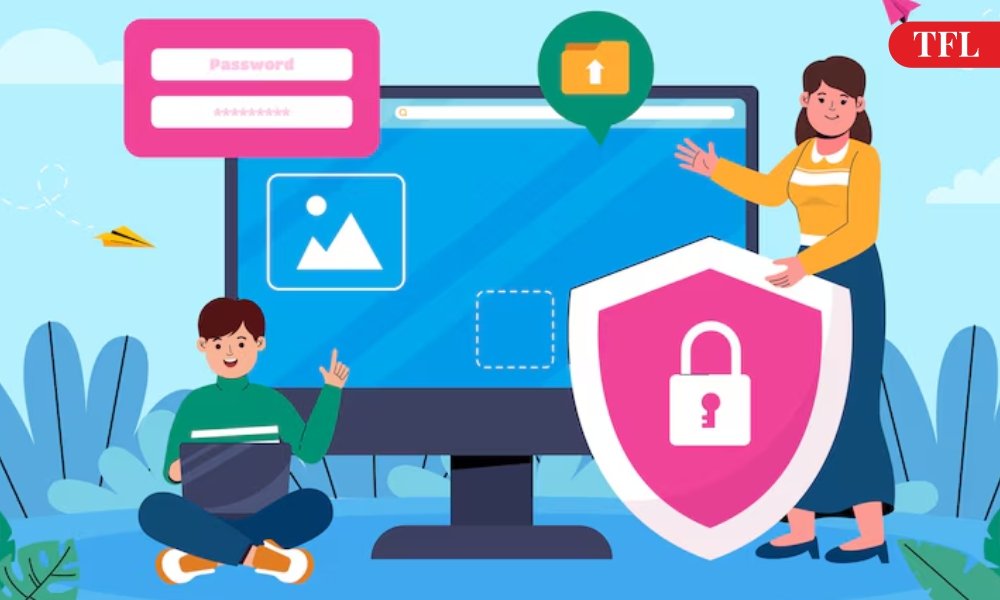As concerns over online privacy continue to escalate, many individuals turn to Virtual Private Networks (VPNs) as a solution to protect their sensitive data from prying eyes. While VPNs offer an additional layer of security, questions linger regarding their effectiveness in truly safeguarding online privacy.
VPN services encrypt users’ internet traffic, making it difficult for third parties, including ISPs and hackers, to intercept and decipher the data. By routing internet traffic through secure servers, VPNs obscure users’ IP addresses, enhancing anonymity and privacy online.
However, despite these capabilities, the efficacy of VPNs in preserving online privacy hinges on several factors:
- Trustworthiness of VPN Providers: The effectiveness of a VPN largely depends on the provider’s commitment to user privacy. Users must carefully vet VPN providers to ensure they have robust privacy policies, do not log user activity, and employ strong encryption protocols. Some VPN providers may log user data or even sell it to third parties, undermining the very purpose of using a VPN for privacy protection.
- Server Locations and Jurisdiction: The location of VPN servers and the jurisdiction in which the VPN provider operates can impact the level of privacy protection. VPN providers subject to data retention laws or government surveillance may compromise user privacy, despite claims of encryption and anonymity.
- Leaks and Vulnerabilities: VPNs are not immune to leaks or vulnerabilities that could expose users’ true IP addresses or sensitive information. DNS leaks, WebRTC leaks, and insecure protocols can inadvertently reveal users’ online activities, compromising their privacy.
- Usage Patterns and Habits: While VPNs encrypt internet traffic, users’ online behavior and habits can still compromise their privacy. Reckless sharing of personal information, visiting insecure websites, or falling victim to phishing attacks can undermine the protective measures offered by VPNs.
- Limited Protection Against Malicious Actors: While VPNs safeguard against surveillance from ISPs and snooping on public Wi-Fi networks, they may offer limited protection against sophisticated cyber threats, such as malware or phishing attacks.
In conclusion, while VPNs play a crucial role in enhancing online privacy and security, their efficacy ultimately depends on various factors, including the trustworthiness of the provider, server locations, potential leaks, user habits, and the threat landscape. Users must exercise caution, conduct thorough research, and choose reputable VPN providers to maximize the protection of their online privacy. Additionally, complementing VPN usage with other cybersecurity best practices, such as using strong passwords, keeping software up-to-date, and practicing vigilance online, is essential for comprehensive privacy protection.











